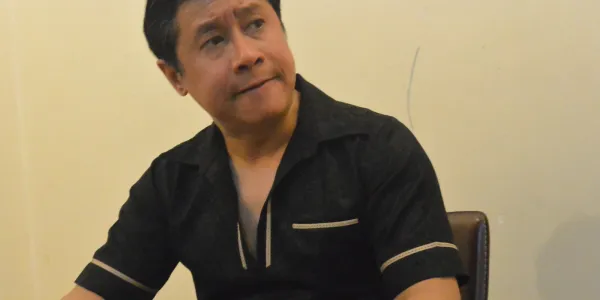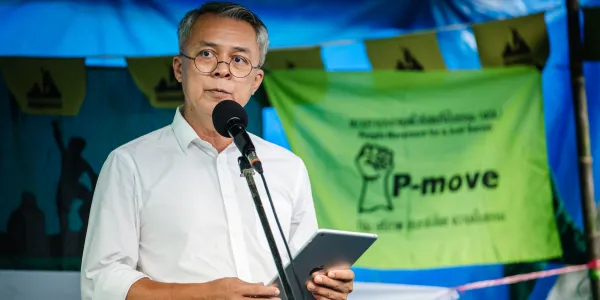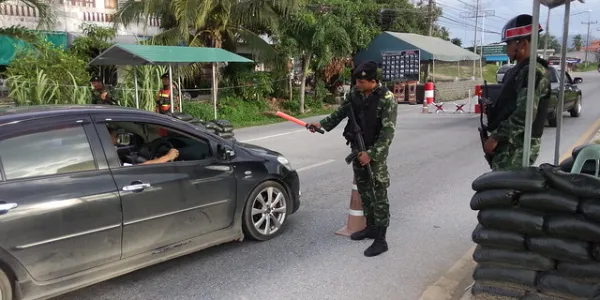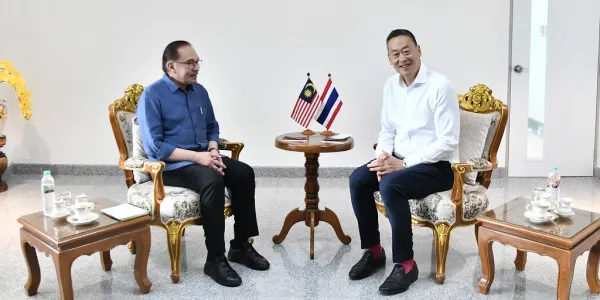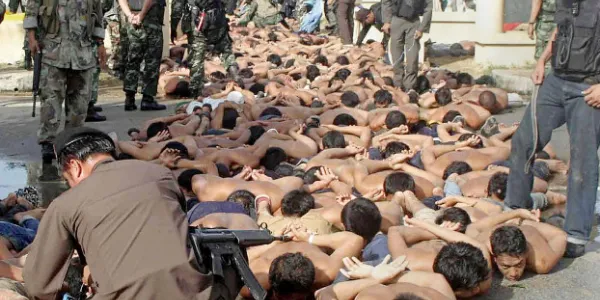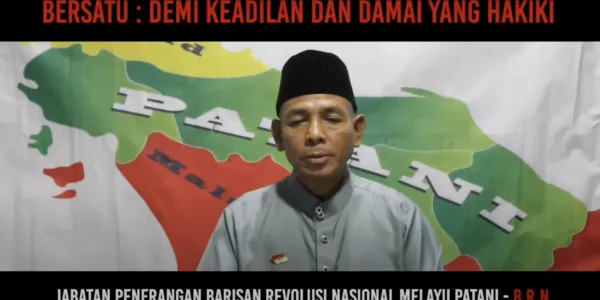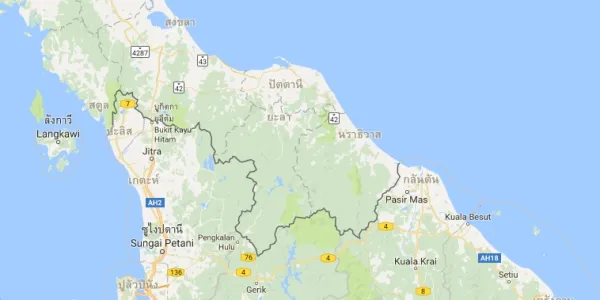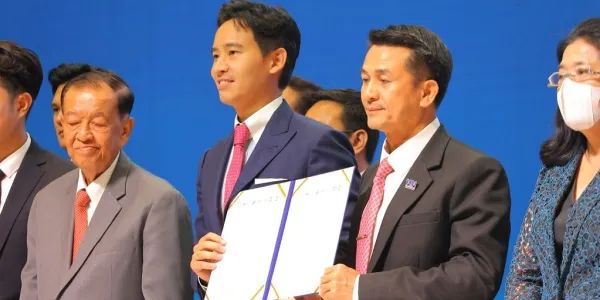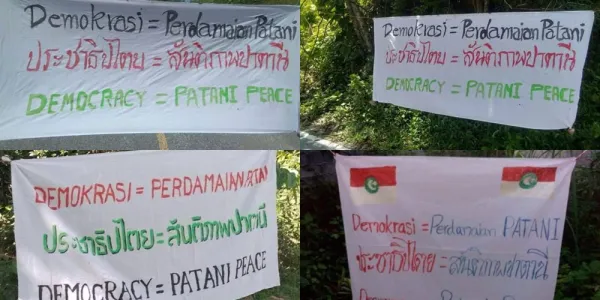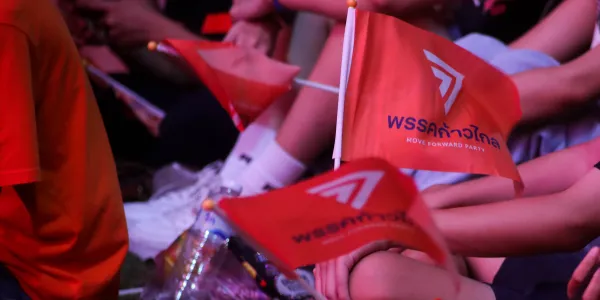By Thanapat Pekanan |
Can the return of exiled politicians ignite hope for Thai democracy and reshape its political landscape? Thanapat Pekanan argues that Jakrapob Penkair, who recently returned to Thailand after 15 years in exile, could pave the way for the return of political refugees if he could reconcile with the establishment and ensure that the plight of those prosecuted by the royal defamation law is addressed.
By Yukti Mukdawijitra |
Yukti Mukdawijitra, associate professor of anthropology at Thammasat University, writes about his experience in the arraignment room at the South Bangkok Criminal Court after he was indicted on a royal defamation charge filed against him over a tweet from two years ago.
By Hara Shintaro |
How should the Thai government protect civilians in the country's Deep South? Hara Shintaro writes that dissemination of information about humanitarian principles and International Humanitarian Law could be an effective way to ensure better security for civilians and the Thai authorities should allow activities related to the dissemination of humanitarian principles so that respect for these principles becomes the norm in the conflict area.
By Hara Shintaro |
When Thai Prime Minister Srettha Thavisin met his Malaysian counterpart Anwar Ibrahim in November, they did not discuss the conflict in Thailand's Deep South. As the Thai government prepares for a new round of peace talks, Hara Shintaro writes that there is a need for more public participation in the peace process.
By Hara Shintaro |
The 20-year statute of limitations for the legal cases related to the Tak Bai incident will be running out in October 2024. The incident remains an obstacle to transitional justice in the Deep South, writes Hara Shintaro, as the culture of impunity in the region made it unlikely that justice will be delivered.
By Hara Shintaro |
Since the latest crisis between Palestine and Israel started on 7 October 2023, questions have been raised about what impact the situation in the Middle East might have on Thailand's Deep South. Hara Shintaro writes about the reaction of the insurgent group BRN and other locals to the crisis, noting that it is unlikely the crisis in Palestine will affect the situation in Thailand's Deep South.
By Hara Shintaro |
In May 2023, a man arrested for alleged involvement in the October 2013 ATM bombings in Yala and Pattani was released After serving nine years and six months in prison. However, two days before his release, the Songkhla prosecutor filed for a court order to place him under special preventive measures based on a law designed to control the behaviours of ex-criminal who commit sexual or violent offences. Ahead of the court ruling on 4 October, Hara Shintaro asks whether it is appropriate for such a law to be applied to suspects in security cases in an area where several special security laws are already being enforced.
By Hara Shintaro |
After the May 2023 general election, the eight-party coalition led by the Move Forward Party signed an MOU to form a democratic government, but the document was revoked when Pheu Thai left the coalition along with the Prachachat Party, an influential party in the Deep South, to form a coalition with parties under strong military influence. Hara Shintaro writes on the impact of revoking the MOU on the peace process in the Deep South and the possibility of rebuilding trust in the process under the current political situation.
By Hara Shintaro |
With the breaking of the 8-party coalition under the Move Forward Party and the formation of a new government headed by Pheu Thai, questions have been raised about how the peace process will progress in Thailand's Deep South. Hara Shintaro writes about the prospects of peace in the Deep South under the new government.
By Dulyaphab Chaturongkul |
The Move Forward party emerges top of the poll in the 2023 general election with 151 seats. Although the breakthrough marks the beginning of a rocky transition to democratic politics after nearly a decade of militarized rule, Dulyaphab Chaturongkul asks if it will have to make compromises in the coming months and whether that should decide the fate of the democratic coalition.
By Phet Sayo |
In convening the DRAPAC23 Assembly, EngageMedia envisions a space for changemakers to build and strengthen knowledge, collaborations, and momentum to advance the digital rights movement after over two years of virtual convenings and limited networking opportunities.
In this blog post, EngageMedia Executive Director Phet Sayo invites old and new allies in the digital rights space to join in the collaborative sense-making process and reflect on the lessons and challenges ahead in navigating the digital rights landscape.
By Hugo Volkaert |
With the arrival of the Songkhran holiday comes concerns over road accident and traffic safety. However, Hugo Volkaert writes, the holidays are not why the yearly number of road accidents and casualties in Thailand are among the highest in the world. Design flaws in the road network is part of the problem.

